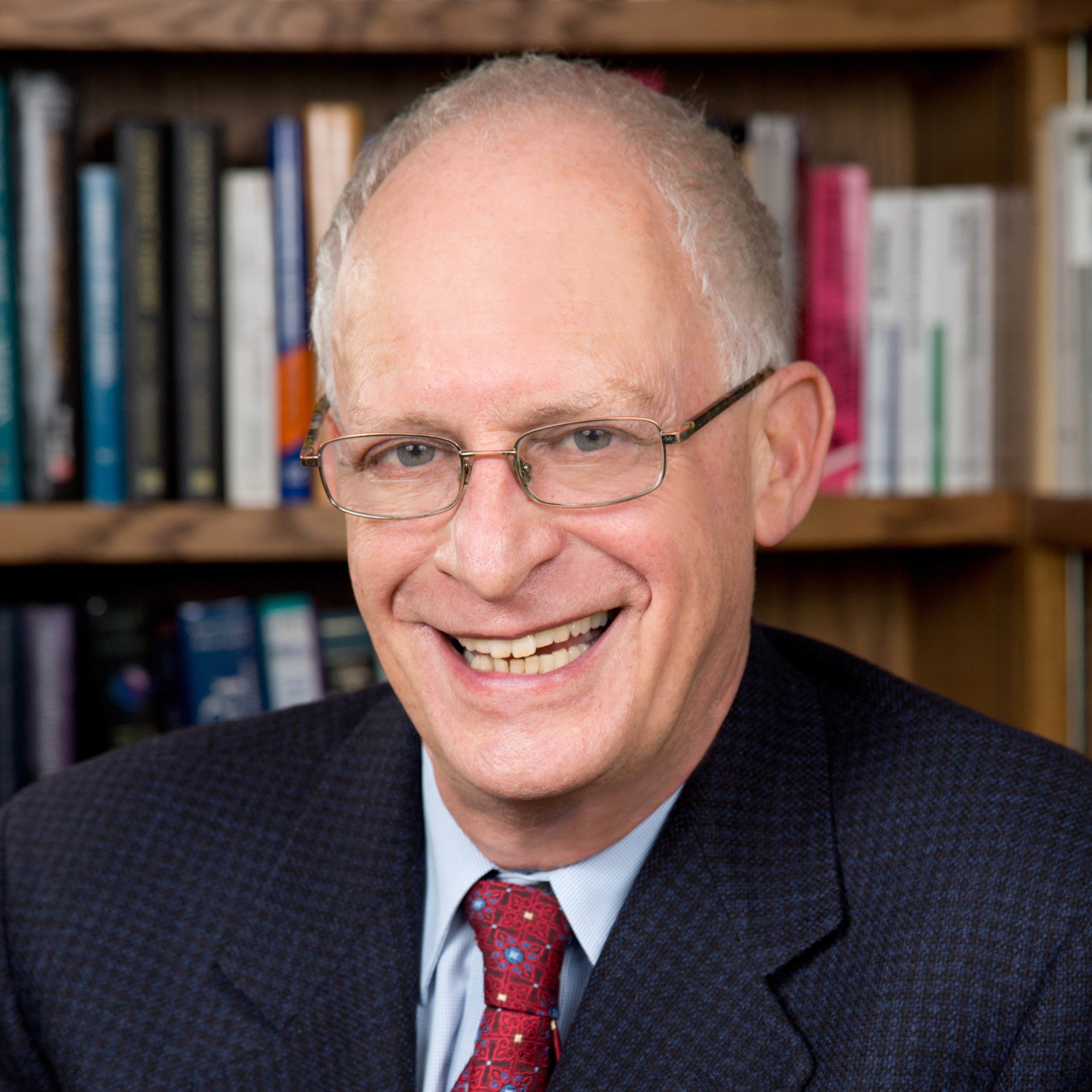Date: Thursday 26th October 2023 Time: 6:30 - 8:00pm BST
Venue: Sheikh Zayed Theatre, Cheng Kin Ku Building, LSE (map)
Speaker: Professor Luigi Zingales (The University of Chicago Booth School of Business)
Chair: Professor Dimitri Vayanos (LSE Finance & Financial Markets Group)
The inaugural lecture of the Sir Oliver Hart Lecture Series will be delivered by Luigi Zingales and is entitled Reforming Capitalism.
Photos: click for more
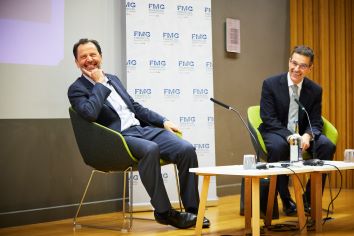
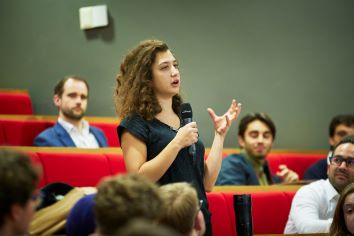
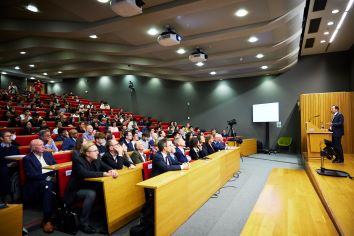
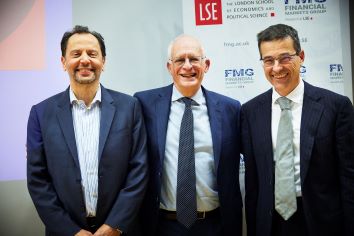
In the last 150 years, economic activity in capitalist countries has been increasingly organized in the corporate form, with some of these corporations becoming very large. As a result, a few large corporations have a disproportionate say in the safety of the air we breathe, the food we eat, and the way we travel. They also have a disproportionate say in our technological and political choices, sometimes with very adverse consequences.
After presenting some leading examples of this impact, Professor Zingales will discuss how to mitigate the distortions this influence has without compromising the undoubted benefits large corporations provide to society. He will consider four remedies. The first is a change in the nature of fiduciary duty, both at the corporate level and at the institutional investor level, to allow societal values to be considered. The second is an empowerment of shareholders in decision-making whenever there is a trade-off between profit motives and social benefits. The third is a system of internal control that assigns clear responsibility in decisions with a significant social impact. The last is a mandate for corporations to conduct and make public a cost-benefit analysis on every decision with a large social impact.
Event hashtags: #LSEHartLecture
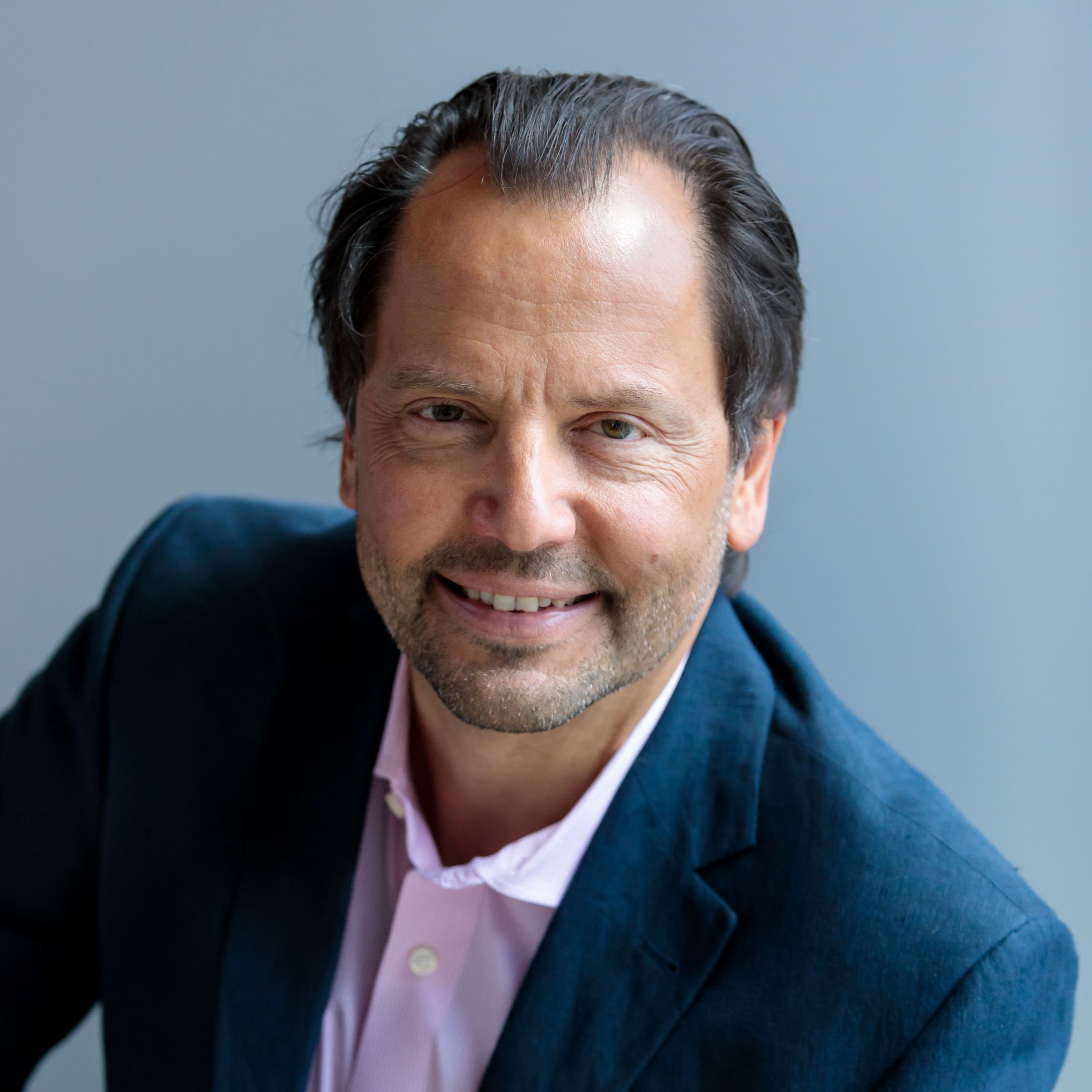
Luigi Zingales is Robert C. McCormack Distinguished Service Professor of Entrepreneurship and Finance at the University of Chicago’s Booth School. His research interests span from corporate governance to financial development, from political economy to the economic effects of culture. He co-developed the Financial Trust Index, which is designed to monitor the level of trust that Americans have toward their financial system. In addition to holding his position at Chicago Booth, Zingales is currently a faculty research fellow for the National Bureau of Economic Research, a research fellow for the Center for Economic Policy Research, and a fellow of the European Governance Institute. In 2014 he was the President of the American Finance Association. He is the co-host of the podcast Capitalisn't.
In July 2015 he became the director of the Stigler Center at the University of Chicago which he is refocusing on promoting and diffusing research on regulatory capture and the various distortions that special interest groups impose on capitalism.
His research has earned him the 2003 Bernácer Prize for the best young European financial economist. His work has been published in the major economic and finance journals, but he has publications also in Science and the Proceedings of the National Academy of Science.
His book, Saving Capitalism from Capitalists, coauthored with Raghuram G. Rajan, has been acclaimed as "one of the most powerful defenses of the free market ever written" by Bruce Bartlett of National Review Online. Of his latest book, “A Capitalism for the People: Recapturing the Lost Genius of American Prosperity,” the Financial Times has written “Zingales’ fundamental diagnosis is right."
Born in Italy, Zingales carries with him a civic passion and the belief that economists should not just interpret the world, they should change it for the better. Commenting on his method of teaching on a few very important lessons rather than a myriad of details, Zingales says, "Twenty years from now they might have forgotten all the details of my course, but hopefully they will not have forgotten the way of thinking." Zingales received a bachelor's degree in economics summa cum laude from Università Bocconi in Italy in 1987 and a PhD in economics from the Massachusetts Institute of Technology in 1992. He joined the Chicago Booth faculty in 1992.
In addition to teaching and researching, Zingales enjoys travelling to developing countries.
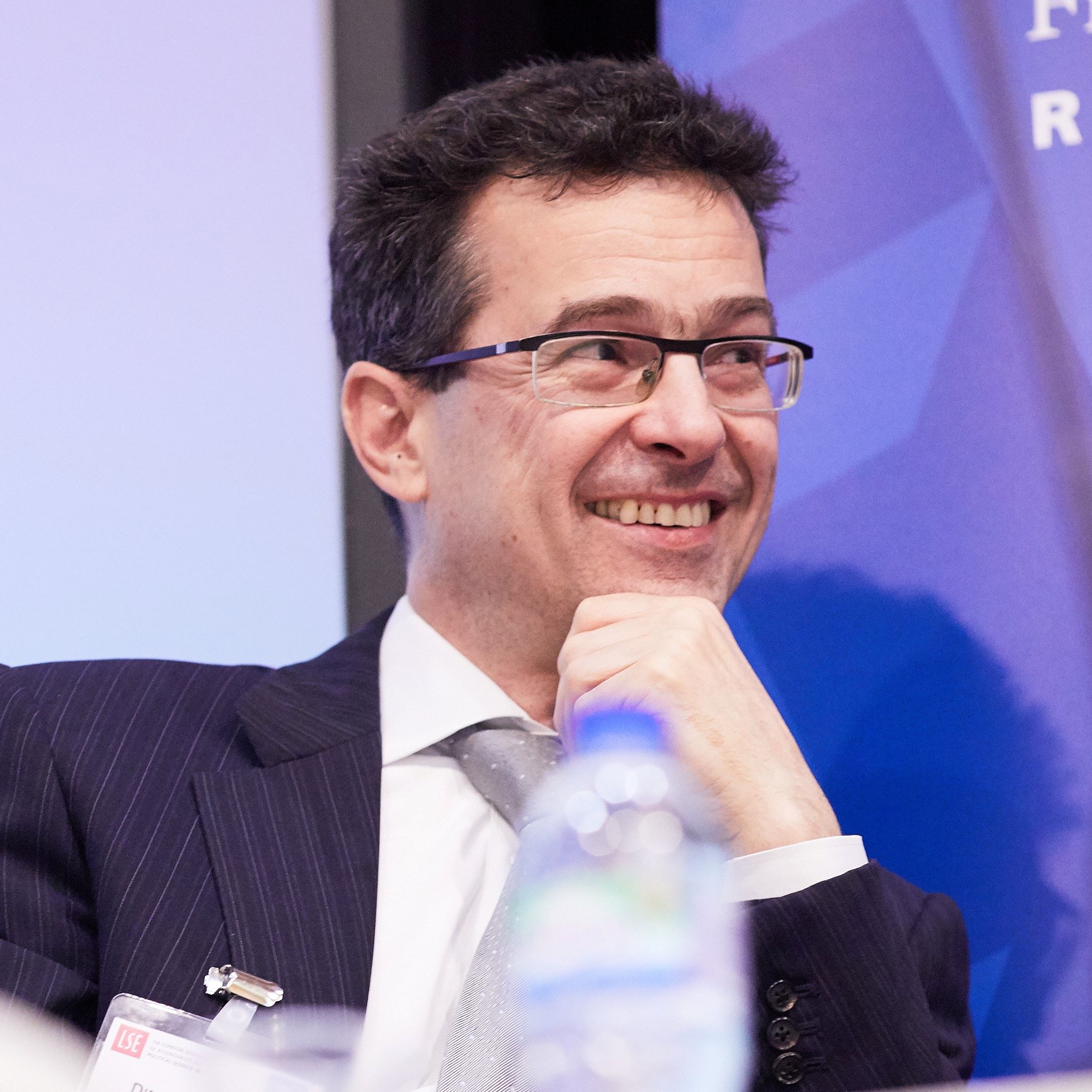
Dimitri Vayanos is Professor of Finance at the London School of Economics, where he also directs the Paul Woolley Centre for the Study of Capital Market Dysfunctionality. He is a Fellow of the British Academy, a Fellow of the Finance Theory Group, a Research Fellow at CEPR and a former Director of its Financial Economics program, a Research Associate at NBER, a former Director and Managing Editor of the Review of Economic Studies, and a former Director of the American Finance Association. His research, published in leading economics and finance journals, such as Econometrica, the Journal of Finance, the Journal of Financial Economics, the Journal of Political Economy, the Quarterly Journal of Economics, the Review of Economic Studies, and the Review of Financial Studies, focuses on what drives financial market liquidity, why asset prices can deviate from assets’ fundamental values, and what the implications of imperfect financial markets are for asset management, financial regulation, monetary policy and the macroeconomy. He is a co-editor of the book “Beyond Austerity: Reforming the Greek Economy”, a member of the Pissarides Committee, tasked by the Greek government to develop a growth plan for Greece, a co-author of the European Safe Bonds (ESBies) proposal, and a Director of WWF Greece.
The Sir Oliver Hart Lecture Series was set up in 2023 to honour Sir Oliver Hart.
Sir Oliver Hart is currently the Lewis P. and Linda L. Geyser University Professor at Harvard University, where he has taught since 1993. He is the 2016 co-recipient of the Sveriges Riksbank Prize in Economic Sciences in Memory of Alfred Nobel. Hart’s research centers on the roles that ownership structure and contractual arrangements play in the governance and boundaries of corporations. His recent work focuses on how parties can write better contracts, and on the social responsibility of business. He has published a book (Firms, Contracts, and Financial Structure, Oxford University Press, 1995) and numerous journal articles. He has used his theoretical work on firms and contracts in several legal cases. He is a Fellow of the Econometric Society, the American Academy of Arts and Sciences, the British Academy, and the American Finance Association, a member of the National Academy of Sciences, a Distinguished Fellow of the American Economic Association, and has several honorary degrees. He has been president of the American Law and Economics Association and a vice president of the American Economic Association. He was made a Knight Bachelor in the King’s Birthday Honours List, 2023.
